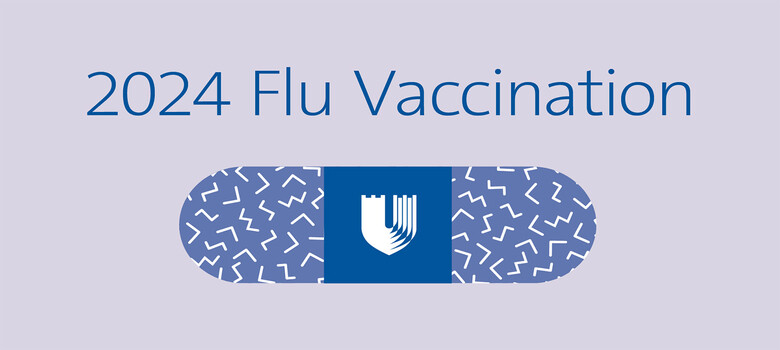Answers to Common Questions About the Flu Vaccine
And Why You Should Get Vaccinated Against the Flu Every Year

Many questions surround the flu vaccine, including why it's needed every year. Here, Cameron Wolfe, MD, a Duke Health infectious diseases specialist, explains why it's important to get your annual flu vaccine, and answers questions about the vaccine and COVID-19.
- Why do I need to be vaccinated every year?
- Does the flu vaccine give you the flu?
- When should I get the flu vaccine?
- Can I still get the flu if I get the flu vaccine?
- Why don't I just take my chances getting the flu rather than getting the vaccine?
- What's the difference between seasonal flu and COVID-19?
- Is it safe to get the flu and COVID-19 vaccines?
- Does the flu vaccine increase your risk of getting COVID-19?
Why do I need to be vaccinated every year?
“Last year’s vaccine may have created antibodies that could help you this year, but the virus still changes every year,” Wolfe said. “That’s why the flu vaccine changes every year to keep up as best it can with a changing flu strain.”
Does the flu vaccine give you the flu?
The flu vaccine doesn't give you the flu because it does not contain a live virus. Most people don’t experience any illness. If you feel off, it means your immune system is responding to the vaccine. That feeling usually goes away within 24 hours. A small percentage of people may experience a sore shoulder or mild muscle aches near where they received their vaccination.
When should I get the flu vaccine?
It’s important to get your flu vaccination in early fall because that's when flu season starts. It takes 10 to 14 days for antibodies to develop and protect you, so it's best to get vaccinated in September.
If you get vaccinated in January, when flu season peaks, and you come into contact right away with someone who has influenza, your body doesn't have enough time to mount a sufficient response.
Can I still get the flu if I get the flu vaccine?
Scientists and public health officials at the Centers for Disease Control and organizations around the country work months ahead of each flu season to predict what needs to go into a flu vaccine. Even though the match may not be perfect, data show a vaccine still stimulates antibodies to protect you. While you may still get the flu, chances are it will be milder, less likely to pass it on to other people, and you will recover faster.
Why don't I just take my chances getting the flu rather than getting vaccinated?
Your body will make antibodies against the seasonal flu if you get it, but you may also be the rare person who gets a very severe case of the flu. There’s no chance you’ll get severe flu from a vaccine. That’s especially important to consider as we get older.
It’s also important to remember that if you contract influenza, you could pass it on to your friends, family, or coworkers. Getting vaccinated is the best way to protect you and the people around you.
What’s the difference between seasonal flu and COVID-19?
Symptoms of seasonal flu and COVID-19 can be very similar. COVID tends to last longer and has a greater potential to be more severe. Getting a flu vaccine helps us reduce the likelihood of flu as the reason you are sick.
Is it safe to receive the flu and COVID-19 vaccines?
Yes. According to the Centers for Disease Control, it is safe to receive both vaccines. You can even get them on the same day. Receiving both does not change the effectiveness of either vaccine or cause more side effects. Both vaccines can be given during the same appointment.
Does a flu vaccination increase your risk of getting COVID-19?
No. The danger is that getting the two viruses can make each one worse. You don't want to go through COVID testing and isolation only to find out that you have a case of influenza that could have been prevented. That is why you should get the flu vaccine.




